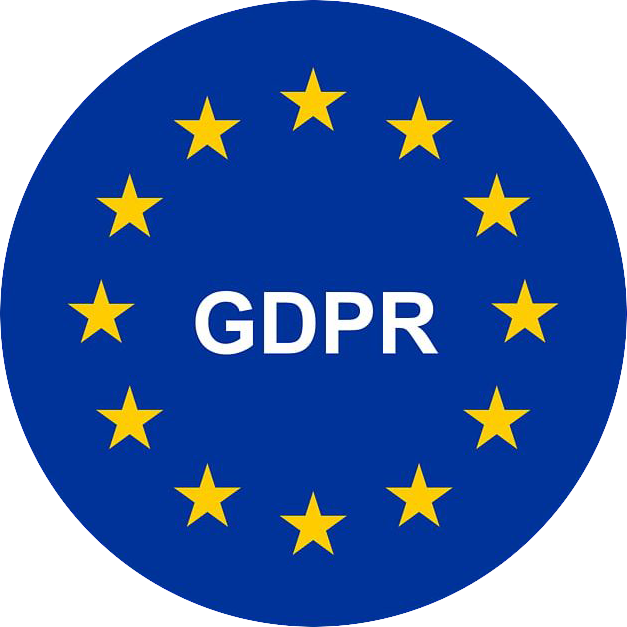Impact of The Pandemic on the Fintech Industry

The fintech industry started as a single-product sector with the advent of ATMs (Automated Teller Machines). It then grew to include more products and services like credit cards from Visa and MasterCard. The industry’s development has been dramatic over the last few years, especially post Covid-19.

Fintech’s growth curve has always witnessed an upward trend. Before the pandemic, online payment, e-wallets, data storage, and many such platforms had already surfaced and caught the attention of a large audience. However, the pace of development before the pandemic felt average, like any other industry.
The growth of fintech post-pandemic has seen many radical advancements, most of which have occurred in the shortest time. According to one report, the five-year development of the fintech industry in the USA occurred in about eight weeks, suggesting that the propulsion of fintech’s success has been immense.
The Pandemic Effect
Covid-19 brought the entire world to a standstill. The uncertainties born out of the pandemic were unimaginable, with several countries responding with nationwide lockdowns. With slumped economies, the rate of unemployment grew exponentially. Mandatory social distancing combined with lockdowns wrecked the consolidated economies even further.
Covid-19 drove the usage and reliance on the internet. Most industries strategize to augment products, services, and platforms to benefit from the reach of the internet. Online education, doctor consultations, contact-free home deliveries, and even online banking became our saving graces. Companies embraced remote working setups and augmentations that could help them sustain the pressure. Travel restrictions also caused colossal damage to the economies and businesses directly and indirectly linked with them.
The fintech industry faced unforeseen impacts with restricted investments, slower growth prospects, and cut-off beyond national borders. However, because of its connectivity, many doors of opportunity opened for the fintech industry to support and drive the global economy.
The Opportunities in Innovation
The thwarted pace of the economies resulted in many dynamic changes that cropped up very suddenly, like remote working setups. The fintech industry was soon set on the path to recovery, which made way for innovations and newer products that would cater to the post-pandemic world.
E-Payments and E-Wallets
The fintech industry’s major segments e-payments and e-wallets have been rendered the most rewarding segments for both the companies and their customers. Social distancing and lockdowns incapacitated businesses and consumers from purchasing and delivering products and services. Online payments became the sole survivor during the pandemic by allowing consumers to make payments without being present in person. The benefits of digital transfers and payments grew manifold because of the restrictions. As digital payment services gained traction, they opened the doors for several other augmentations like e-wallets and virtual cards. People grew into the habit of going cashless with online payments, supplemented by QR Codes, payment links, UPIs (Universal Payment Interfaces), etc. After cashless, the next in line for growing popularity came cardless transactions. Virtual card providers grew in numbers and value, which prompted the use of e-wallets even further.
Financial Inclusion
The pandemic brought fintech’s special attention to the unbanked and underbanked section. The opportunities for innovation to bring financial inclusion to the masses that remain unbanked and underbanked for various reasons, increased.
Gig Economy
The gig economy never came under the limelight because of mainstream jobs and professions. During the pandemic, the focus on gig workers increased, especially, due to the introduction of mandatory remote working. The fintech opportunities in the gig economy started taking shape with fintechs stepping in to solve issues such as secure payment channels, online banking, etc.
IoT
The Internet of Things became one of the most demanded augmentations of fintech, where people used smart devices such as smartwatches to transact and bank. Fintech’s adaptability has enabled it to find a very diverse spectrum of ideas and innovations, like IoT.
Lending
One of the most rewarding fintech sectors was the lending sector. With most businesses coming to a standstill and people getting laid off from employment, Covid-19 brought a downwards spiral compelling people to borrow money to sustain themselves and their families. The lending business became the hottest sector within fintech, introducing instant and easy loans without the complications of traditional loans and even credit cards. Services like BNPL (Buy Now, Pay Later) took center stage, enabling people to make purchases instantly and make payments at a later date. Peer-to-peer (P2P) lending also became an instant hit among the masses, benefitting both borrowers and lenders.
Investments
With the economy slumped, digital investments took a turn upwards. Several platforms that provided digital investment options, education, and advice, emerged to support the slackened economy and provide people with the opportunity to make gains.
Blockchain and Cryptocurrencies
Novel technologies like blockchain and cryptocurrencies have gone through several rounds of debates to ascertain if they hold long-term potential or if they can be called a fad. Blockchains provide secure gateways and transparent, decentralized ledgers that allow quick cryptocurrency transfers, across the globe. Bitcoin gained immense popularity in 2020, with countless individuals trying to find a place on its raft.
The Future
The impact of the pandemic has found dominating footing in many businesses, economies, and households. Fintech is one of the few industries that have found rewarding opportunities during the glum. Its success has seen marvelous upturns since the pandemic’s onset, and today, it has become one of the most promising industries in the digital age. The scope for innovation and eventual disruptions in fintech is vast, and it’s only a matter of time before it becomes an essential part of our lives.


.gif)









